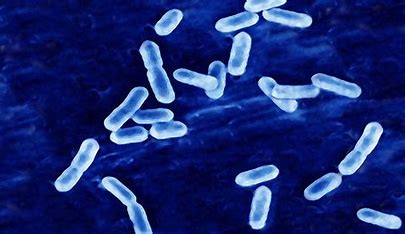
A cadaveric or deceased donor kidney transplant is performed when kidney from someone who has recently died is removed and placed in a recipient whose kidneys have failed and no longer function in optimal condition and is in need of kidney transplantation. Advancements in renal transplantation over the past two decades have significantly enhanced patient outcomes.
Patients with end-stage renal disease require dialysis or a kidney transplant to eliminate waste products from their circulation in order to survive. A kidney transplant is the recommended course of treatment for the majority of patients with advanced renal disease or kidney failure.
The remarkable benefits of cadaveric kidney donation
Cadaveric kidney donation is a lifesaving procedure that offers numerous benefits to those with end-stage renal disease. Here’s a deeper dive into the key advantages
Enhanced quality of life: Dialysis can be a very restrictive treatment, requiring frequent hospital visits and limiting dietary freedom. A kidney transplant allows recipients to enjoy a more active and unrestricted lifestyle. They can travel more freely, have more energy for daily activities, and eat a wider variety of foods.
Improved long-term survival rates: Studies have shown that kidney transplant recipients have a significantly better chance of long-term survival compared to those who remain on dialysis. This is especially true for younger patients. A functioning kidney can filter waste products and toxins from the blood much more effectively than dialysis, leading to better overall health and a reduced risk of complications.
Reduced wait times on the transplant list: The demand for donor organs far outpaces the supply. Cadaveric donation helps to increase the pool of available kidneys, giving more patients the opportunity to receive a life-saving transplant. This can significantly reduce wait times, which can sometimes stretch for years on dialysis.
While cadaveric kidney donation offers a host of advantages to the recipients, it does have its share of challenges that need to be addressed adequately with continued research and innovative approaches to improve access to transplantation and optimize patient outcomes.
Important challenges include long waiting times due to the scarcity of organs and increase in the aging population being listed for transplant. Secondly, cadaveric kidneys are likely to have a higher risk of complications or reduced longevity depending on factors such as donor age, medical history, and preservation methods. This in turn can have a significant impact on the success and longevity of the transplanted organ. Cold Ischaemia, the time between organ recovery and transplantation know is an important factor as it can affect the viability of kidneys. The longer the cold ischaemia, the higher possibility of deleterious effect on graft survival and the greater the chances of delayed graft function. Furthermore, cadaveric kidney transplantation presents with greater immunological challenges due to the presence of donor specific antibodies and other immunological factors which can cause immune related problems such as graft rejection.
Overall, cadaveric kidney transplantation offers hope of a better life to millions suffering from chronic kidney disease. Addressing the challenges of organ scarcity, risk of complications and immunological factors will go a long way to optimize patient outcomes.
Chairman & Senior Consultant-Nephrology, PSRI Hospital, New Delhi















